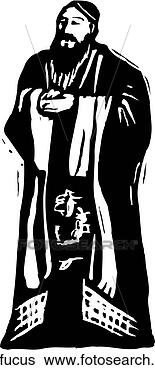"Learning without thought is pointless. Thought without learning is dangerous" Confucius (The Analects of Confucius, Book 2, Passage 15).
"Master Zeng said, each day I examine myself on three maters. In making plans for others, am I being loyal to them? In my dealings with friends, am I being trustworty? Am I passing on to others what I have not carefully thought about myself?" (The Analects of Confucius, Book 1, Passage 4)
"Master Zeng said, each day I examine myself on three maters. In making plans for others, am I being loyal to them? In my dealings with friends, am I being trustworty? Am I passing on to others what I have not carefully thought about myself?" (The Analects of Confucius, Book 1, Passage 4)





Thank you so much for that useful link. Could I add my own. Though Seneca, the Roman stoic philosopher, is often associated with retirement from engagement, I believe his stance is fundamentally a critique of the potential dissociation of action and knowledge. Much of what we regard as the greatest achievements are actually actions without value, while much that passes for human knowledge is without value because it makes no difference to the world of action. To the researchers of his time, he throws out the challenge: "even if they guarantee the truth of their statements, whose mistakes will thereby be lessened? Whose passions restrained? Who will be made more free, more just, more magnanimous?" (Seneca(1997). On the shortness of life: Life is long if you know how to use it (C.D.N. Costa, Trans.). London, England: Penguin Books
ReplyDelete